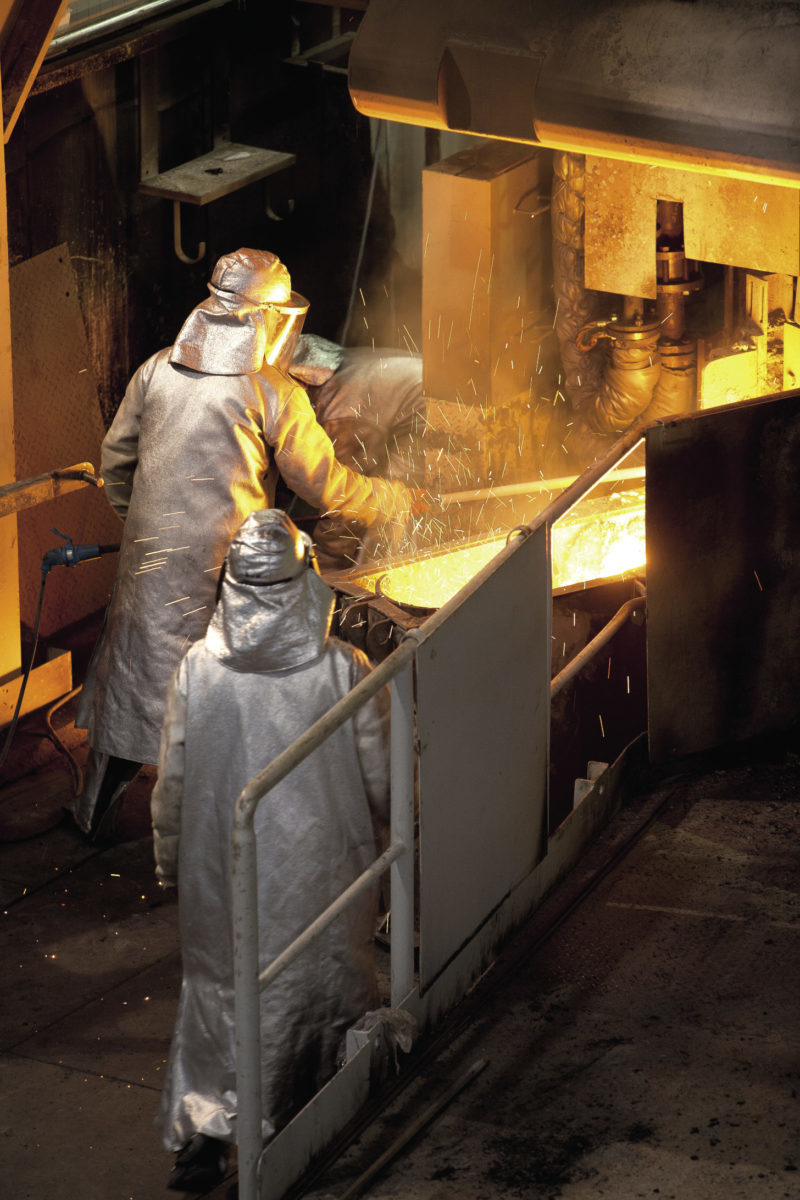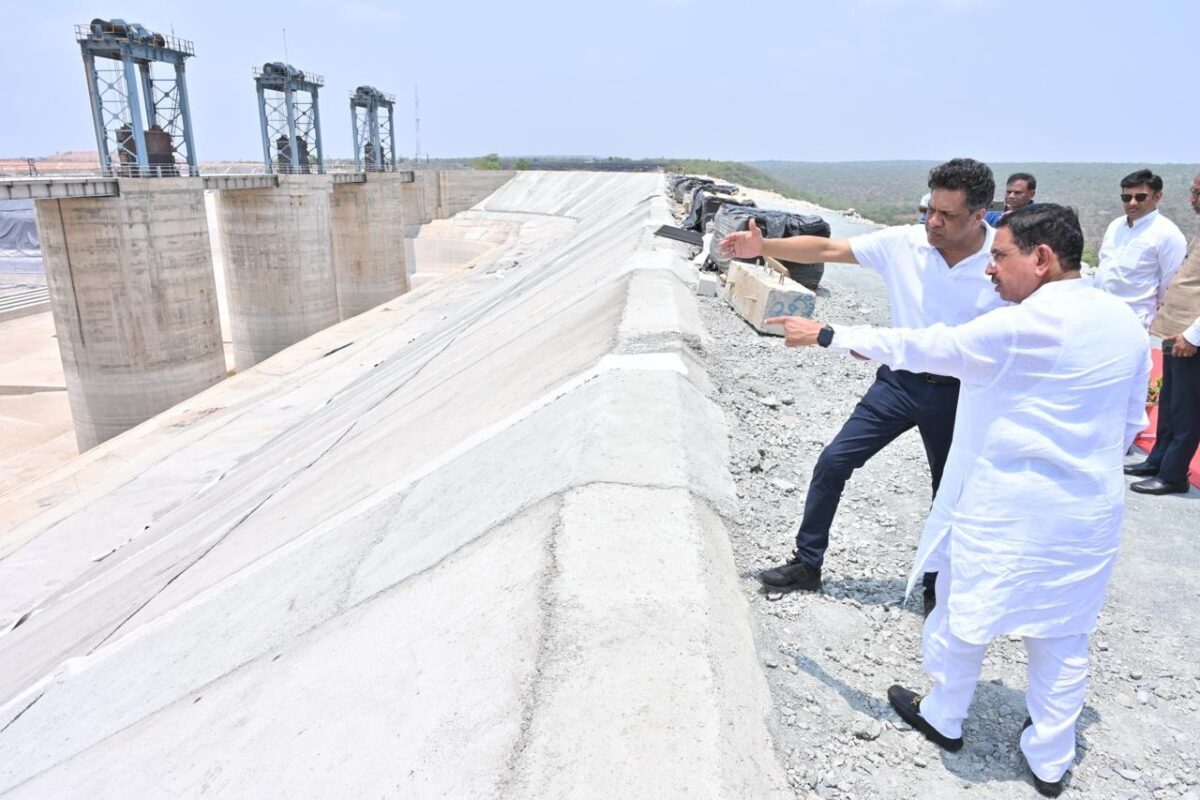Recycling of lithium-ion batteries used in electric vehicles (EVs) is an emerging new business opportunity in India.
Total EV sales in the country hit 365,920 units in 2018 and are expected to grow annually at 36% till 2026 with support from the government to achieve the targets defined under the FAME II scheme and National Electric Mobility Mission Plan 2020, according to India Energy Storage Alliance (IESA).
Electric vehicles have zero on-road emission. As the government promotes use of EVs to fight the problem of pollution and cut its crude oil import bill, the country lacks authorized lithium battery recycling facility for used batteries generated from electric vehicles.
Given that technologies are available for complete recycling of lithium batteries, the government is looking at investments in such facilities.
“Technologies are available for complete recycling of lithium-ion batteries to recover valuable metals like cobalt, nickel, lithium, copper and aluminium, and any proponent can install such facility in the country. At present, there is no authorized lithium battery recycling facility [in India] for used lithium-ion batteries generated from electric mobility”—said Babul Supriyo, Minister of State for Environment, Forest And Climate Change in the upper house of the Parliament (Rajya Sabha) recently.
“Lithium batteries can have environmental hazard if not managed in environmentally sound manner. These contain heavy metals and toxic materials that require recycling or disposal in proper manner,” he stated.
Talking about current guidelines and practices, the minister said: “Guidelines for safe and formal recycling of lithium ion batteries are not yet evolved. However, it is possible to recycle lithium-ion batteries for recovery of lithium and other metals in the country, by adopting general standards for discharge, emissions and waste management for such recycling facilities.”
“At present, lithium-ion batteries used in electrical and electronic equipment are being regulated through E-Waste Management Rules, 2016. Used electrical electronic equipment including lithium-ion batteries reach authorized e-waste recyclers at the end of their life for recycling or disposal.”
This content is protected by copyright and may not be reused. If you want to cooperate with us and would like to reuse some of our content, please contact: editors@pv-magazine.com.









I want to sale used lithium ion batteries for recycling
Our company produce machines for recovery precious metal from lithium ion batteries.
http://www.proses-makina.com